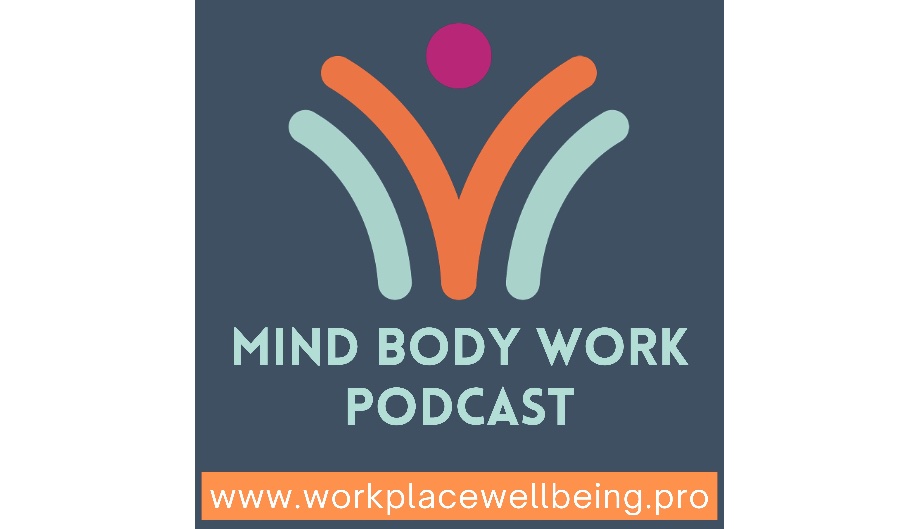The recent shift to remote and hybrid work models has redefined how we think about employee wellbeing. As more organisations embrace digital workspaces, ensuring the mental health of remote teams has become not just a priority but a necessity.
In the latest episode of the Mind, Body, Work podcast, host Joanne Swann explores this critical issue with John Carroll, Head of Marketing at Employment Hero UK, and Dr. Craig Knight, Doctor of Workplace Psychology and Founding Director of Identity Realization.
With the surge in remote work, many employers are grappling with how to maintain a supportive and mentally healthy work environment from a distance. The physical separation inherent in remote work can lead to feelings of isolation, burnout, and disengagement, making it essential for employers to develop strategies that promote psychological safety and wellbeing in a fully digital landscape.
In this episode, John Carroll and Dr. Craig Knight discuss whether current employer efforts are adequate, how to cultivate an open and supportive workplace culture, and the role that virtual workspace design plays in fostering employee wellbeing.
Guest 1: John Carroll, Head of Marketing at Employment Hero UK
John Carroll is the Head of Marketing at Employment Hero UK, where he hosts regular webinars and masterclasses on wellbeing and employee engagement. Based in London since 2021, John previously worked at Twitter/X, where he held roles such as Head of UK Business Marketing and Vertical Marketing Lead for Media & Entertainment and Financial Services in New York. His extensive experience in marketing and employee engagement positions him as a thought leader in fostering positive workplace cultures, especially in the digital realm.
Guest 2: Dr. Craig Knight, Doctor of Workplace Psychology, Founding Director of Identity Realization
Dr. Craig Knight is a Doctor of Workplace Psychology and the Founding Director of Identity Realization Limited (IDR). His research and commercial expertise focus on boosting well-being, productivity, and intelligence through evidence-based design and leadership practices. IDR’s recent research highlights a stark 30% performance gap between happy and unhappy staff, underscoring the importance of mental health in achieving organizational success. A Chartered Psychologist, Dr. Knight’s work emphasises the psychological impact of workspace design, offering scientifically tested methods to enhance wellbeing and engagement in the post-pandemic workplace.
Tune in to the latest episode HERE to find out how employers can better support their remote teams’ mental health, ensuring a happier, more productive workforce.
Joanne is the editor for Workplace Wellbeing Professional and has a keen interest in promoting the safety and wellbeing of the global workforce. After earning a bachelor's degree in English literature and media studies, she taught English in China and Vietnam for two years. Before joining Work Well Pro, Joanne worked as a marketing coordinator for luxury property, where her responsibilities included blog writing, photography, and video creation.



